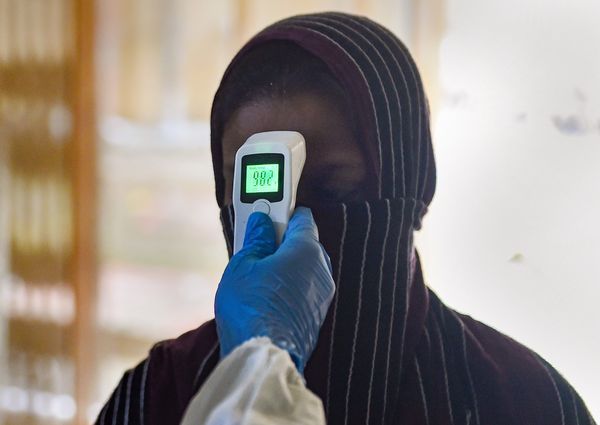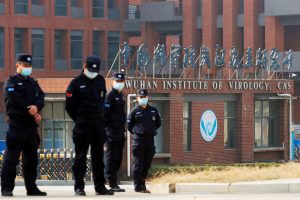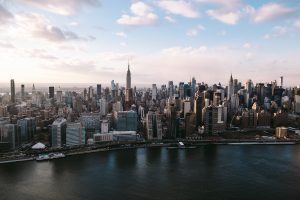The deadly coronavirus has infected India’s remotest tribe in Andaman and Nicobar islands. Ten members of the Greater Andamanese tribe have tested positive for coronavirus over the past month, a health official told the BBC.
According to the report, six tribe members living in a city tested positive a month ago and four of them living on a remote island were found to be infected last week.
The tribe is believed to have a population of just over 50, and most of them live on one of the 37 islands in archipelago.
Andaman and Nicobar islands have reported 2,985 COVID-19 cases and 41 deaths since its first infection was detected in early June.
Read:India records highest single-day spike of 75,760 COVID-19 cases, 1,023 new deaths
The first cases among the endangered Greater Andamanese tribe living on Strait Island near Port Blair were detected last week after all its 53 members were tested, senior health official told the BBC.
The tribe cooperated with health and emergency workers, who rode the choppy sea water in boats to the island last week to test the tribe in one day.
Two of the infected members of the tribe have been admitted to hospital, while the remaining two have been quarantined in a care centre.
The doctor told BBC that six other members of the tribe, who were infected with the virus last month, have recovered from the disease.
Dr Roy said efforts are being made to stop the spread of the virus among other indigenous tribes.
The Andamans is home to five vulnerable tribes, including the Jarawas, North Sentinelese, Great Andamanese, Onge and Shompen.
Meanwhile, the 476-odd members of the Jarawa tribe have been already moved and isolated after the outbreak of the virus, officials said.
According to the BBC report, more than 115 members of the Ongi tribe, who live on one island, and the Shompen tribe will also be tested.







